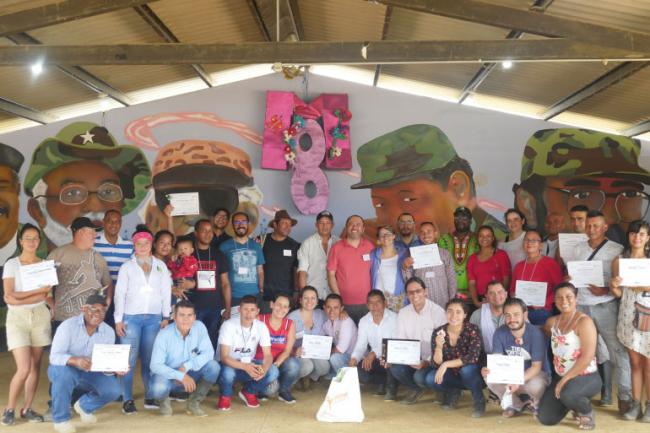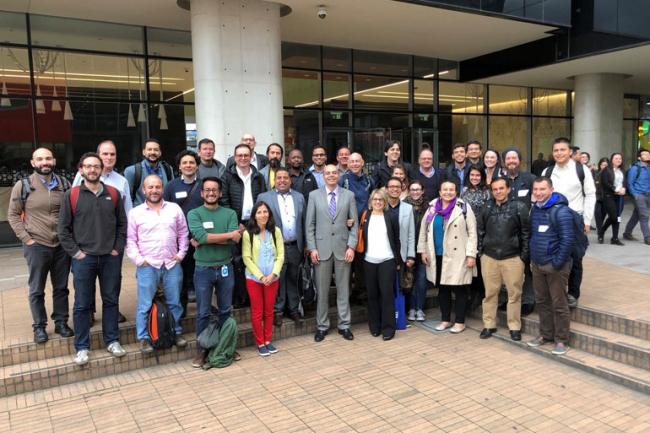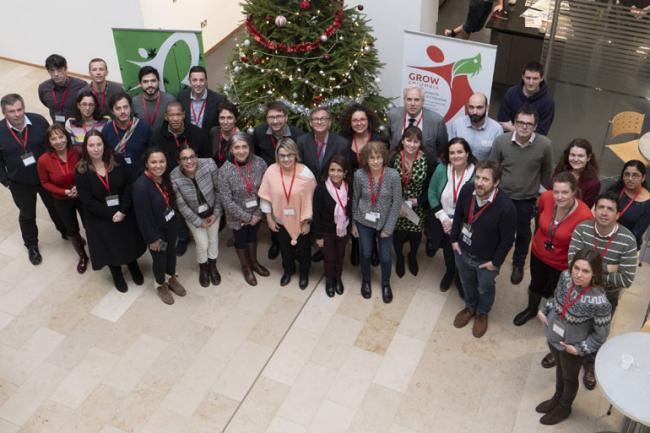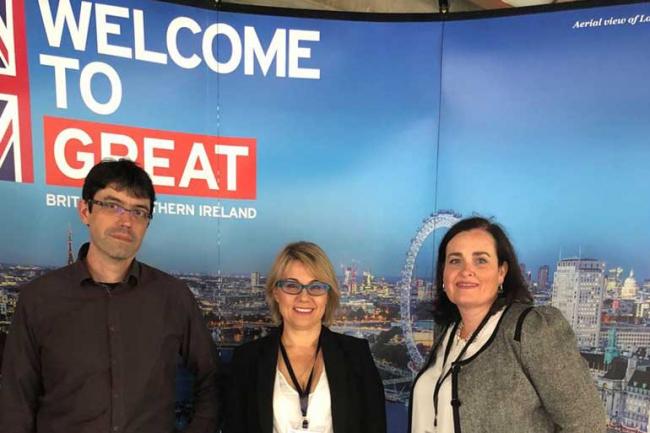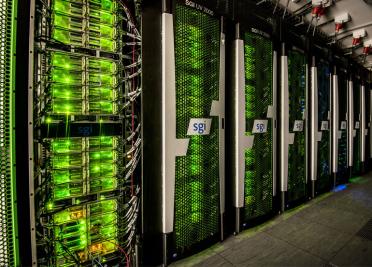
As large numbers shift to working from home for the foreseeable weeks and months, many researchers will be taking this opportunity to run those bioinformatics analyses they hadn’t had time for amidst a busy wet lab schedule.
Thankfully, bioinformatics lends itself very well to working from home - as long as you have the computational power. This isn’t something every researcher has access to but, fortunately, help is at hand.
The Earlham Institute (EI) provides the National Capability in e-Infrastructure, hosting one of the largest data centres for life science research in Europe. This equips us with more than enough capacity to share some of our computational resources with the wider scientific community.
Through CyVerse UK, a cyberinfrastructure hosted at EI, you can access cloud resources such as virtual machines (VMs) with a number of different configurations tailored to your needs, ranging from a bare Ubuntu Linux machine to VMs pre-installed with Python, R, and other bioinformatics tools. We can also host websites, as well as web services that might need a computational infrastructure to run jobs. Our team can help answer any questions you have and recommend options, which include additional scratch storage space and longer term object storage while you work on your project.
The CyVerse UK platform also hosts several bioinformatics data management and analysis tools and applications, including COPO to help you submit data to public repositories, and Grassroots Genomics to help you share wheat and other crop-related data.
Researchers can also request access to our Galaxy service, also hosted on CyVerse UK, providing easy web-based access to the most common bioinformatics tools for genomics, transcriptomics, phylogenetics and more.
If you want to find out more, and see how we might help you, please contact the team at CyVerse UK, check out the CyVerse UK website, and read more about Earlham Institute’s National Capability in e-Infrastructure on the EI website. EI hosts the ELIXIR-UK node, and you can find more information on ELIXIR-UK.







